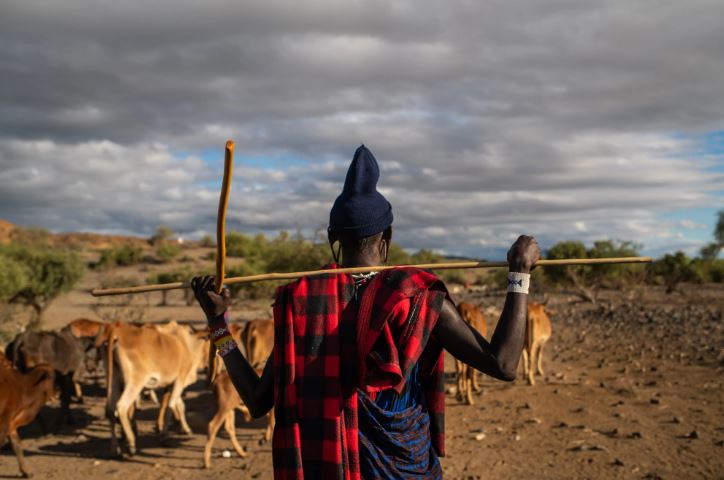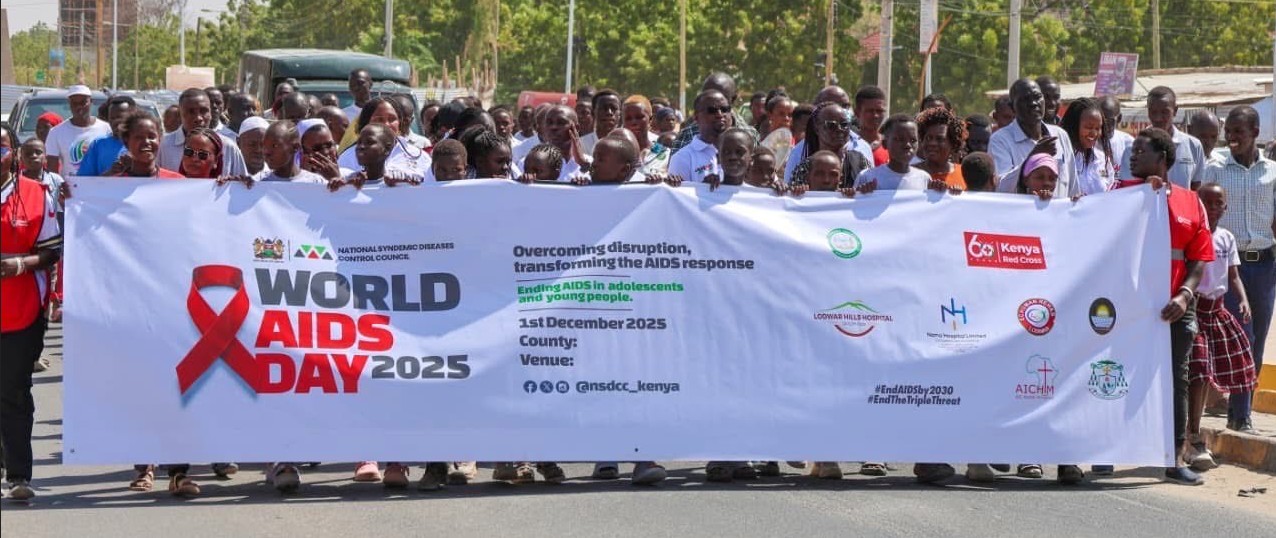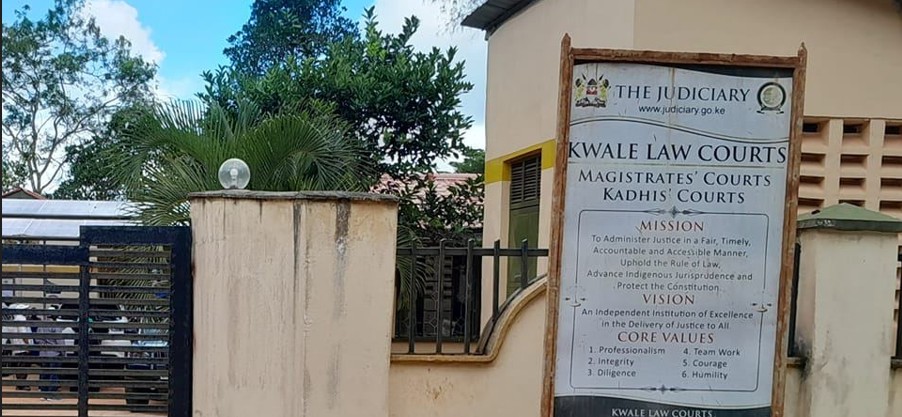Tanzania’s President takes on forced evictions of Maasai community

Tanzanian President Samia Suluhu Hassan announced the establishment of two committees to address land disputes in the country’s northern Ngorongoro district.
On December 1, Tanzanian President Samia Suluhu Hassan announced the establishment of two committees to address land disputes in the country’s northern Ngorongoro district, renowned for its wildlife.
The first will investigate complaints made by residents; the second will examine the government’s “voluntary” relocations of residents from the Ngorongoro Conservation Area to Msomera village in Handeni, Tanga Region, more than 600 kilometres away. The government claims “conservation” as grounds for the relocations.
More To Read
- Tanzania dispatches envoy to Brussels to avert Sh23.3 billion EU aid freeze
- European Parliament moves to block Sh23.44 billion aid to Tanzania after post-election violence
- US Senate Committee on Foreign Relations calls for probe into Tanzania election violence
- Tanzania cancels Independence Day celebrations amid outrage over alleged killings
- President Samia warns disputed election tainted Tanzania’s reputation, urges local resource mobilisation
- US senators call for review of Washington’s ties with Tanzania after deadly polls
Since 2022, as Human Rights Watch has documented, the government has made life increasingly difficult for the estimated 100,000 Indigenous Maasai pastoralists who live in the conservation area by downsizing essential public services, including schools and health centres.
This has forced many to relocate. Government rangers have also attacked and harassed residents who failed to comply with rules restricting movement in and around the conservation area.
The president set the stage for these investigations in August when she pledged that education and hospital services be “fully provided” and polling stations be set up in the conservation area to enable residents to vote in local elections in November.
Since then, the government has set aside funds for building a school dormitory in the conservation area and removed a vehicle fee for area residents.
President Hassan’s steps so far are significant, but more needs to be done.
The government should halt its plan to relocate people from the conservation area, prohibit all forced evictions of residents, and consult with the affected communities. These consultations should be meaningful and include women.
The authorities should also hold to account, through appropriate disciplinary and legal actions, park rangers including commanding officers who have harassed, beaten and otherwise abused residents, who should promptly receive fair compensation.
Ultimately, the government should respect the human rights of the Maasai communities as an Indigenous group, and the legal systems, traditions, and practices they have employed to manage their ancestral lands for generations.
Top Stories Today













































